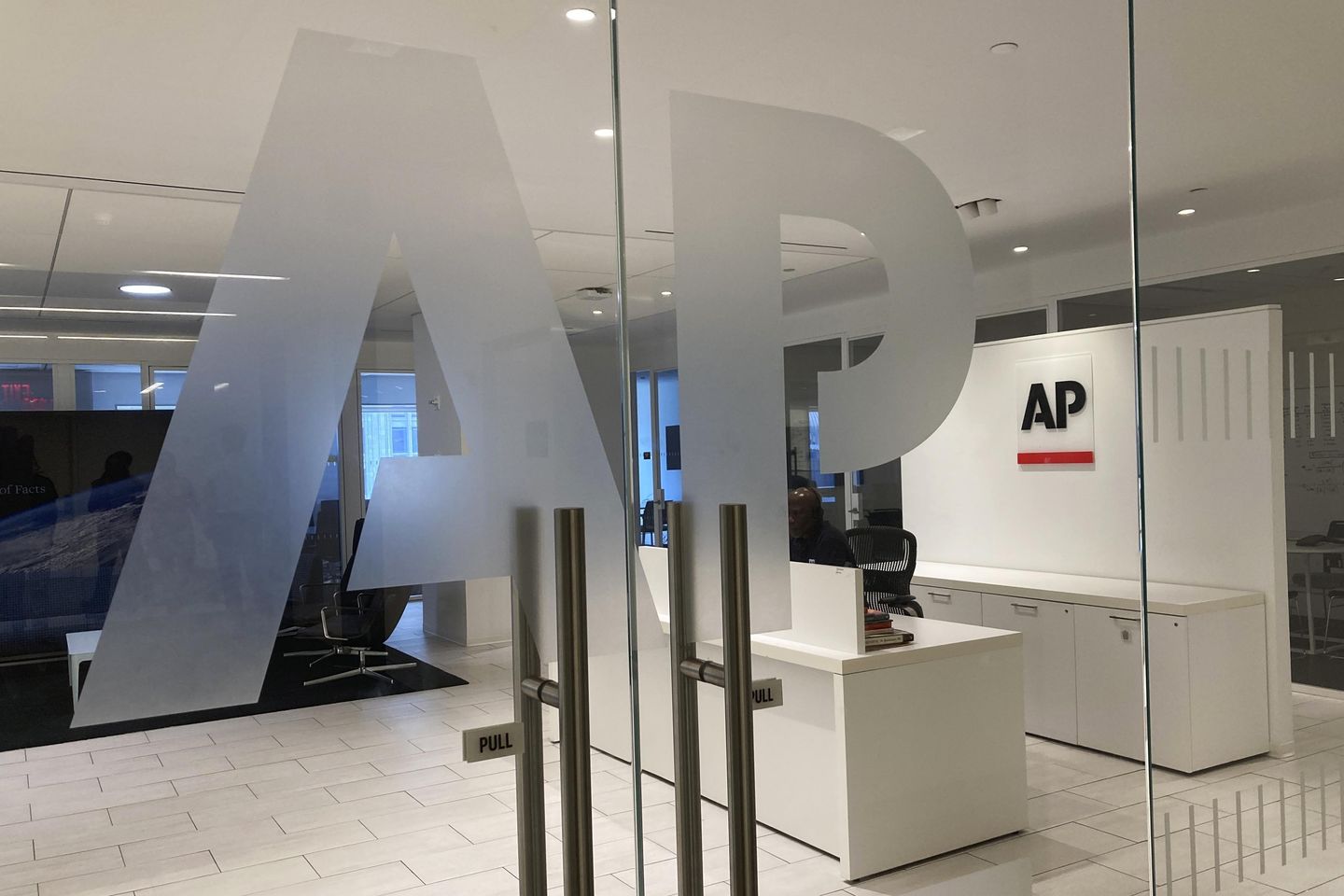
A federal judge has ordered President Trump to reinstate the Associated Press’s special access to the White House, ruling that the president wrongfully punished the news organization for refusing to adopt his preferred terminology. Judge Trevor McFadden determined that the president violated the First Amendment by removing the AP from the press pool that accompanies the president during public appearances.
The conflict arose when the AP continued using “Gulf of Mexico” instead of Mr. Trump’s newly mandated government name “Gulf of America” in its coverage. The judge called this presidential retaliation “brazen” and unconstitutional, stating that the government cannot deny journalists access based on their viewpoints if it provides access to others.
While the White House claimed AP still maintained general access to the presidential complex, Judge McFadden, a President Trump appointee, found that AP had been relegated below other outlets. He noted that AP had been excluded from limited “pool” events for six weeks and was uniquely targeted despite other news organizations also continuing to use “Gulf of Mexico” without facing similar consequences.
The judge distinguished between presidential interviews, which remain at Mr. Trump’s discretion, and access to White House events. He acknowledged that the demotion had damaged AP’s reporting capabilities by denying them real-time coverage and photographic opportunities.
AP spokeswoman Lauren Easton welcomed the decision, calling it an affirmation of the fundamental right to speak without government retaliation.
This dispute occurs amid broader tensions between the president and the media. During the lawsuit, the White House implemented new access policies, including taking control of press pool selection from the White House Correspondents’ Association. The press pool traditionally includes wire services, photographers, broadcast media, and print outlets who rotate coverage responsibilities when space is limited, such as in the Oval Office or aboard Air Force One.
The ruling upholds the principle that while the president can control White House event access, this power cannot be wielded punitively to influence news coverage content.
Read more: Judge orders Trump to restore Associated Press access
This article is written with the assistance of generative artificial intelligence based solely on Washington Times original reporting and wire services. For more information, please read our AI policy or contact Ann Wog, Managing Editor for Digital, at awog@washingtontimes.com
The Washington Times AI Ethics Newsroom Committee can be reached at aispotlight@washingtontimes.com.





![Jasmine Crockett Justifies Mass Illegal Immigration With Bizarre Argument [WATCH]](https://www.right2024.com/wp-content/uploads/2025/03/1742007023_Jasmine-Crockett-Justifies-Mass-Illegal-Immigration-With-Bizarre-Argument-WATCH-350x250.jpg)

![NYC Tourist Helicopter Falls into Hudson River, Siemens Executive and Family Among Those Killed [WATCH]](https://www.right2024.com/wp-content/uploads/2025/04/NYC-Tourist-Helicopter-Falls-into-Hudson-River-Siemens-Executive-and-350x250.jpg)








